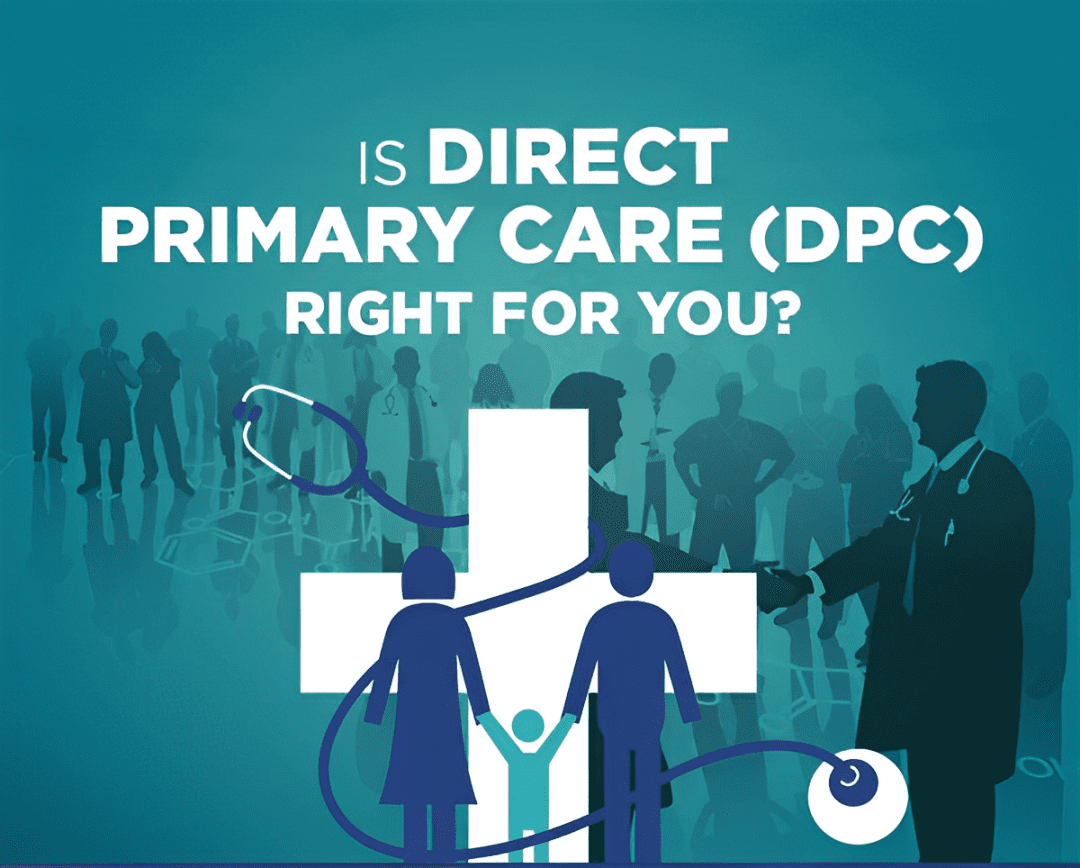Prediabetes
Prediabetes:
What You Need to Know and Why Screening Matters
Did you know that approximately 96 million American adults—over 1 in 3—have prediabetes?
Alarmingly, more than 80% of those with this condition are unaware they have it. Prediabetes often goes unnoticed but can lead to serious health complications if left unaddressed.
What is Prediabetes?
Prediabetes occurs when blood sugar levels are higher than normal but not high enough for a diagnosis of type 2 diabetes. This condition significantly increases your risk of developing type 2 diabetes, heart disease, and stroke. The good news? With early detection and lifestyle changes, you can prevent or delay these serious health problems.
Who is at Risk?
While being overweight or obese increases your risk, it’s important to note that even individuals at a healthy weight can develop prediabetes. Other risk factors include:
- Age (especially over 45)
- Family history of diabetes
- Sedentary lifestyle
- High blood pressure or cholesterol levels
Common Myths About Prediabetes
Let’s debunk some myths surrounding prediabetes and diabetes:
- Myth: You’re safe if you’re at a healthy weight. Even those at a healthy weight can have prediabetes, so don’t assume you’re in the clear.
- Myth: Family history doesn’t matter. While a family history of diabetes increases your risk, lifestyle choices play a crucial role in prevention.
- Myth: There’s nothing you can do. Lifestyle changes, such as maintaining a healthy weight, exercising regularly, and eating a balanced diet, can significantly reduce your risk.
- Myth: It’s your fault if you have diabetes. Diabetes is a complex condition, and while lifestyle factors contribute, not all cases can be prevented.
- Myth: Diabetes isn’t serious. In fact, diabetes can lead to severe complications, including heart disease, kidney failure, and vision loss.

Why Screening Matters?
Early screening for prediabetes is essential, especially since it often presents without symptoms. Routine blood tests can help detect elevated blood sugar levels before they progress to diabetes.
Knowing your risk is the first step in taking charge of your health.




















